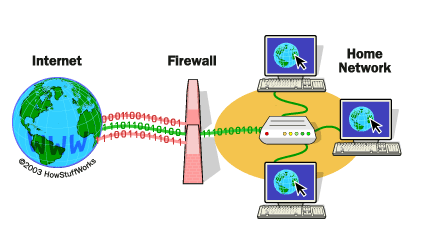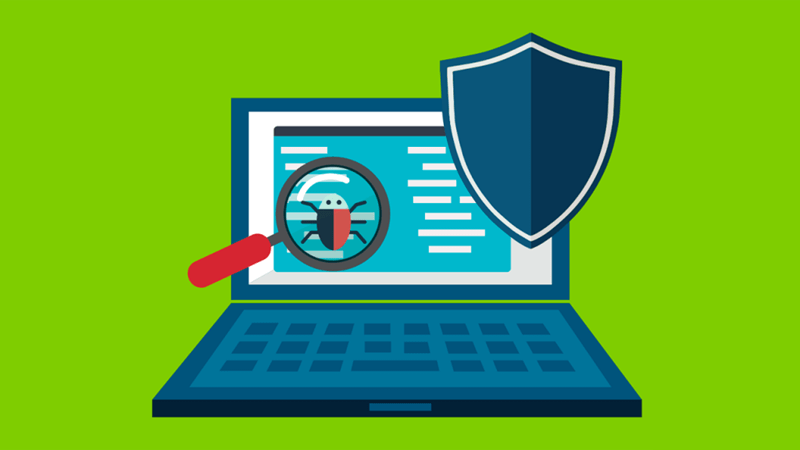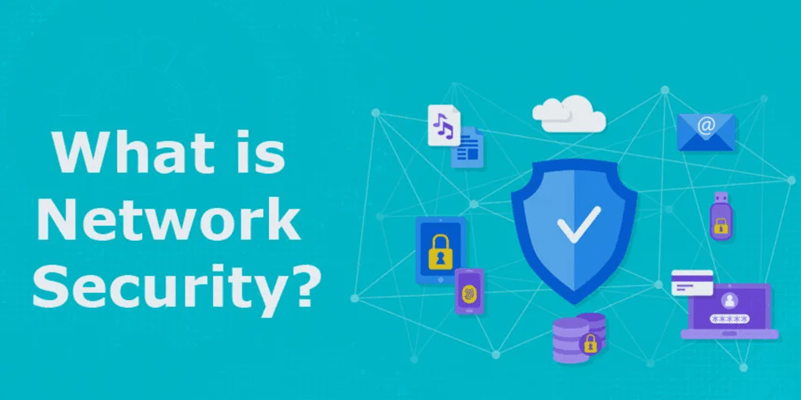A security plan should be employed for security software. But no matter how tight your website security is, if you have a chance to elevate its level, you definitely should. It will keep potential hackers from deriving unofficial access to data. As Chandler would say — Could you be any safer? Of course, yes! Prevention is better than cure!
Types of Security Software
To secure your website from cybercriminals, you need security software by your side. But it would be best if you understood software types before spending unnecessarily on the one you might not need. Below we have outlined some security software types to aid you in better understanding your necessities.
Encryption Software
Hackers can access your data if it’s not encrypted properly. You need an encryption application that would allow only authorized individuals to download and view information. These solutions help encrypt and decrypt network packets, data objects, and confidential information. You can even get an EV Code Signing Certificate like DigiCert or Comodo EV Code Signing Certificate to boost your reputation, verify your identity and maintain authenticity.
With encryption algorithms, hackers wouldn’t be able to read or decode files. This way, your private information stays safe, and you can increase your business prospects.
Today, several businesses use Advanced Encryption Standard (AES), consisting of 128- and 126-bit keys. You need to select a solution that complies with PCI standards.
Firewall
Firewalls protect you from data breaches. They assist you in maintaining network security. Furthermore, they scan websites for viruses and help you keep your devices and sensitive information safe. You can modify firewall settings depending on your necessities. Some operating systems like Microsoft Windows offer built-in firewalls. Some of the advantages of firewalls are highlighted below.
- Grants you granular access controls.
- Prevents hackers from accessing your files.
- Protects you against Trojan attacks.
- Inspects network packets for hazardous threats.
Firewalls help you keep untrusted networks out of your devices.
Computer Antivirus
Cyberattacks can damage your online store. And it’s certainly hard to recover from them. How do you identify cyber threats in the first place? That’s where antivirus solutions come to your rescue. Computer antivirus helps you to run a quick or a full scan of your devices. If you put them on auto mode, they will automatically scan and detect viruses before you open the file, alerting you about a potential breach.
You can also schedule scans and focus on other important administrative tasks. Some of the most popular antivirus products are listed below.
- Norton
- McAffee
- Avast
- Kaspersky
- Bitdefender
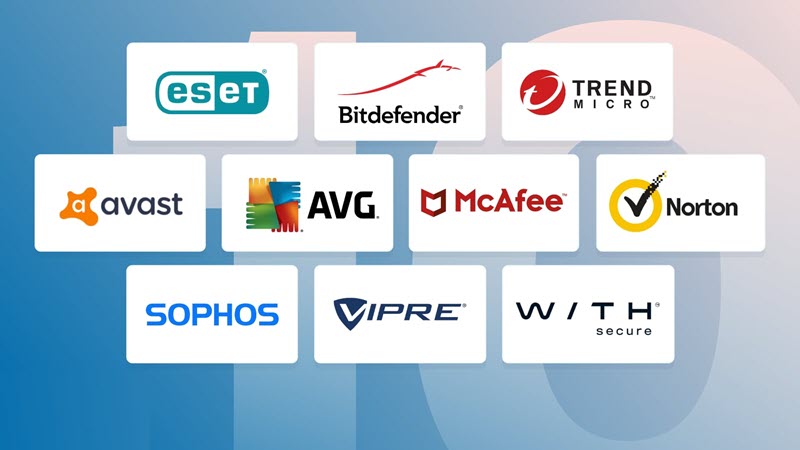
Remember, there are different types of antivirus solutions for different operating systems. You should check with the vendor if the product’s compatible with your device before making a final decision.
Anti-spyware Software
Hackers install spyware on your devices to gain access to private data such as consumers’ passwords, account information, browsing habits, and online activities. They might also relay these details to your competitors or use them to demand ransom. Anti-spyware solutions can become your knight in shining armor. They detect and remove such threats to protect your website’s data. They provide you with real-time insights and save your business from data exposure.
Network Security
It would help if you protected your company’s network from cybercriminals too. They can manipulate data and damage your reputation if they gain access to your admin panel. You should encrypt your Wi-Fi networks or use antivirus or antimalware software to stay away from such troubles. Run website audits and monitor your networks frequently. Network security works at three levels:
- Physical
- Technical
- Administrative
Network security should be number one on your priority list if you want to maintain data integrity, confidentiality, and accessibility.
Password Manager
Saved your passwords on your web browsers? That’s not a really good idea. It’s like an open invitation to hackers to steal your data. Most businesses also use a single password. That’s not a good practice either. It will only call for identity theft. Password management systems help you remember and store unique, strong passwords. It’s a reliable and most secure way of storing your passwords. Some benefits of using a password manager are as follows:
- Generate random unique passwords
- Reset passwords easily
- Store passwords in a safe
- Leverage the auto-fill functionality to save time
- Securely share passwords with authorized individuals.
We advise you to use a password manager to secure your website.
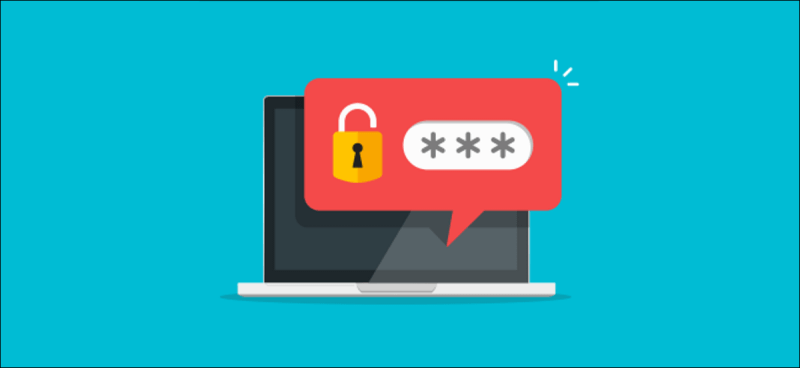
Bot Mitigation
Hackers plant malicious links and spam posts on your website using bots. Bots are just an automated version of hackers attacking your site with DDoS campaigns and more. They scrape private data off your site and use it to their advantage. Certain plugins are available to spot bot activity but aren’t actually useful. It would help if you had bot mitigation solutions to reduce risks to bot traffic’s APIs, applications, and backend services. These systems identify and block suspicious bots and protect your online store.
Monitoring Tool
You should invest in a monitoring tool to detect potential cyber-attacks. These tools can be used to surveil servers, applications, networks, databases, and internet usage. Some objectives of monitoring systems are given below:
- To detect and alert administrators about potential threats
- To keep track of users accessing the network
- To watch a network traffic
- To record real-time and historical data
Intrusion Prevention
Do you want to take against malicious activity? If yes, you should think about investing in an intrusion prevention system. Remember, intrusion prevention and detection systems are not the same. An intrusion detection solution will only send alerts when identifying suspicious activity, while an intrusion prevention system takes action against such threats. Intrusion prevention products use three techniques to detect attacks — signature-based, anomaly-based and policy-based.
You can set up automation to immediately block cyber threats. These products can also drop network packets and alert administrators. Some systems also use honey-pot or decoys to attract hackers and stop them from reaching their goals.
Conclusion
Website security should not be taken casually. Because businesses are adopting digital methods to grow, they should take necessary measures to protect them from cyber threats. You can bundle different security software together to save your website from hackers. Maybe you are already using an antivirus system, you can invest in a security system that integrates with your existing software. You can also use different software for different needs. Which or how many security systems are you going to choose to protect your website? Let us know in the comments below.

